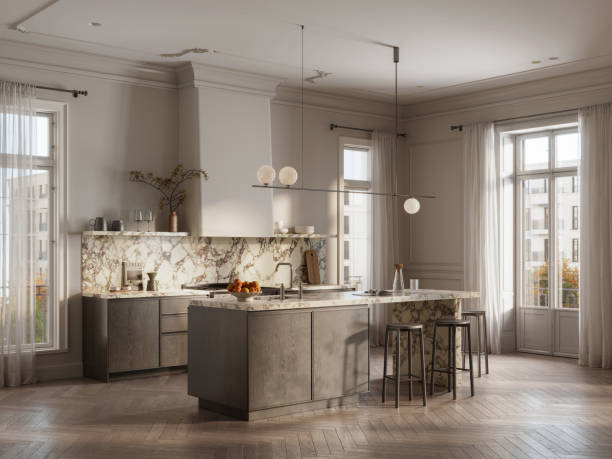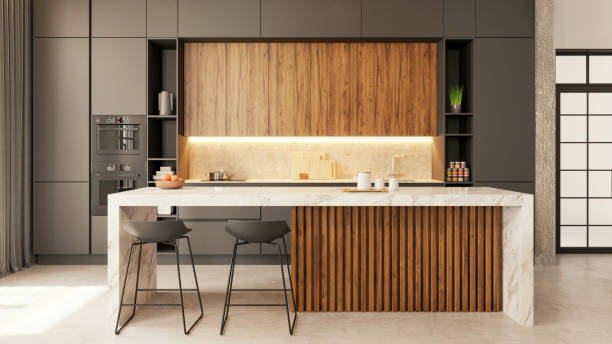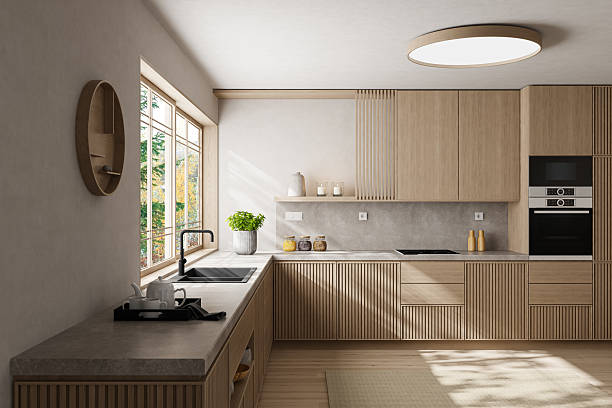Pour les marques de rangement d’armoires de cuisine, entrepreneurs, et les propriétaires rénovent leurs espaces, Choisir entre des paniers de cuisine d'origine locale et importer auprès de fournisseurs chinois est une décision cruciale en termes de coût et de valeur.. Cette analyse explore les différences de prix, dépenses cachées, et des avantages à long terme pour vous aider à optimiser vos stratégies d'approvisionnement tout en équilibrant les budgets et la qualité.
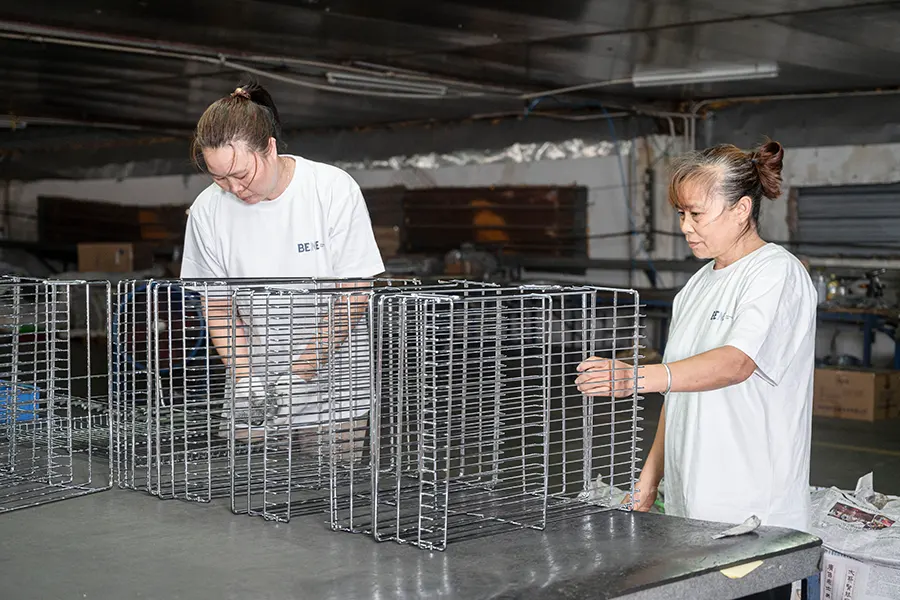
Comprendre l'écart de prix: Fournisseurs locaux VS étrangers
Le terme “paniers de cuisine” comprend des organisateurs coulissants, bacs de rangement en fil métallique, et systèmes de tiroirs d'armoires – essentiels pour les cuisines modulaires modernes. Alors que l'approvisionnement local offre un délai d'exécution plus rapide, Les fournisseurs chinois dominent le marché avec des prix compétitifs. Voici pourquoi:
- Coûts des matériaux
Les fabricants locaux paient souvent des tarifs plus élevés pour l'acier inoxydable, fil enduit, ou des polymères techniques en raison d'achats de matières premières à plus petite échelle. Les usines chinoises profitent des remises sur les achats en gros, réduire les coûts unitaires pour les matériaux comme 304-acier inoxydable de qualité ou revêtements en poudre antirouille.
2. Efficacité du travail et de la production
Des régions comme le Guangdong et le Zhejiang abritent des grappes industrielles spécialisées dans le matériel de cuisine. Les lignes de production à grand volume minimisent les coûts de main-d'œuvre par unité, alors que les ateliers locaux sont confrontés à des salaires plus élevés et à une production inférieure.
3. Frais de personnalisation
Modification des dimensions ou des finitions du panier (Par exemple, chrome contre. noir mat) engage des frais élevés avec les vendeurs locaux. Les fournisseurs chinois absorbent les ajustements de conception à moindre coût grâce à un outillage modulaire standardisé.
Exemple/e: Un 5,9 pouces corbeille métallique extractible peut coûter $25.2 localement mais chute à 19-21 $/unité lorsque
s'approvisionner en Chine (Prix FOB, Quantité minimale de commande 500+).
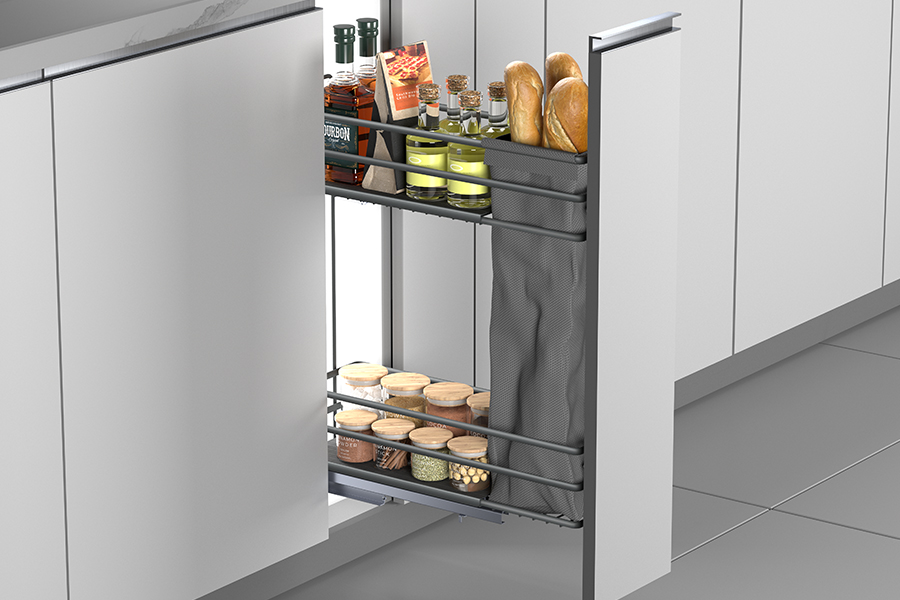
Coûts cachés des achats locaux
“Approvisionnement local” implique la proximité mais ne garantit pas des économies:
- Suppléments pour faible volume: Commandes sous 1,000 les unités incluent souvent une majoration de 20 à 35 %.
- Expédition et taxes: Même les fournisseurs nationaux peuvent facturer des frais de transport, spécialement pour les paniers lourds.
- Innovation limitée: Les petits fournisseurs investissent rarement dans R&D pour des fonctionnalités telles que des rails à fermeture en douceur ou des conceptions pliables peu encombrantes.
L’avantage du fournisseur chinois: Au-delà du prix de base
Importer des solutions de rangement pour cuisine de Chine ne consiste pas seulement à réduire les coûts unitaires. Les acheteurs avisés bénéficient:
- Évolutivité: MOQ aussi bas que 100 à 300 unités pour les tailles standard.
- Tarif tout compris: De nombreux fournisseurs regroupent les emballages, gravure de logo, et inspections de contrôle qualité.
- Intégration technologique: Accès à des systèmes de stockage intelligents avec compatibilité IoT (Par exemple, éclairage LED activé par capteur).
Cependant, prendre en compte:
- Délais d'expédition: 30–45 jours pour le fret maritime.
- Droits d'importation: Varier selon la région (Par exemple, 3–8% dans l’UE, 12% au Brésil).
- Assurance qualité: Collaborer avec des fournisseurs détenant BSCI ou ISO 9001 attestations.
| Facteur | Achats locaux | Fournisseur chinois |
| Prix de base (500 unités) | 11550+USD | 10500USD |
| Frais d'outillage personnalisé | 800–2 000USD | Souvent annulé pour MOQ 1k+ |
| Délai de mise en œuvre | 2–3 semaines | 6–8 semaines (y compris l'expédition) |
| Couverture de la garantie | 1-2 ans | 2–5 ans (varie selon le fournisseur) |
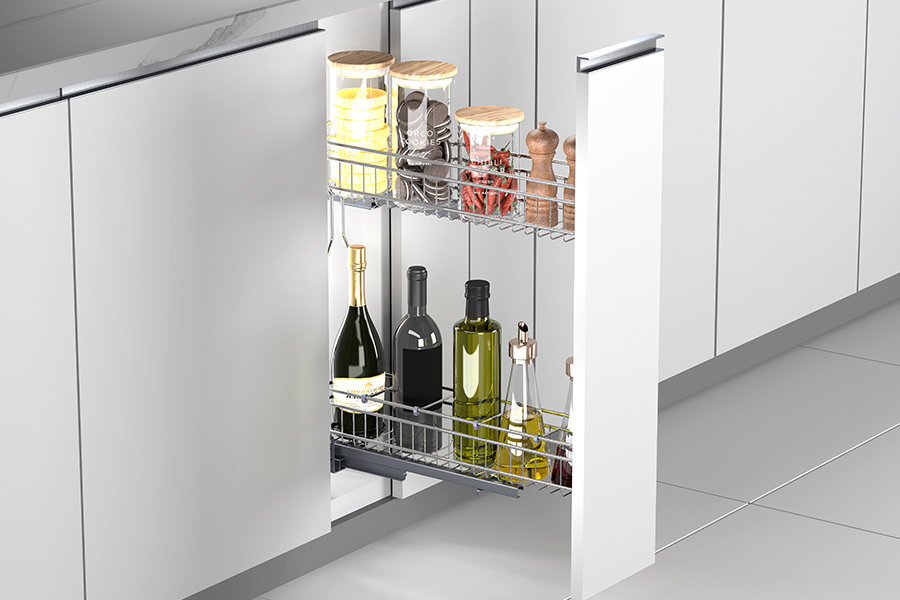
Conseils d'approvisionnement stratégique
- Approvisionnement hybride: Tailles standard en stock en provenance de Chine; commandez des paniers spécialisés localement pour les projets urgents.
- Tirer parti des échantillons: Testez la durabilité du panier (Par exemple, capacité de poids, douceur de glisse) avant les commandes groupées.
- Négocier les Incoterms: Optez pour DDP (Rendu droits acquittés) pour éviter les frais d'importation cachés.
Conclusion
Alors que les fournisseurs locaux de paniers de cuisine excellent en termes de rapidité et de communication, Les fabricants chinois offrent des prix inégalés aux acheteurs en volume. Pour les entreprises qui privilégient le retour sur investissement à long terme, La combinaison des achats à l'étranger et de la gestion localisée des stocks permet souvent d'obtenir l'équilibre optimal.. Contactez-nous pour plus de détails!

